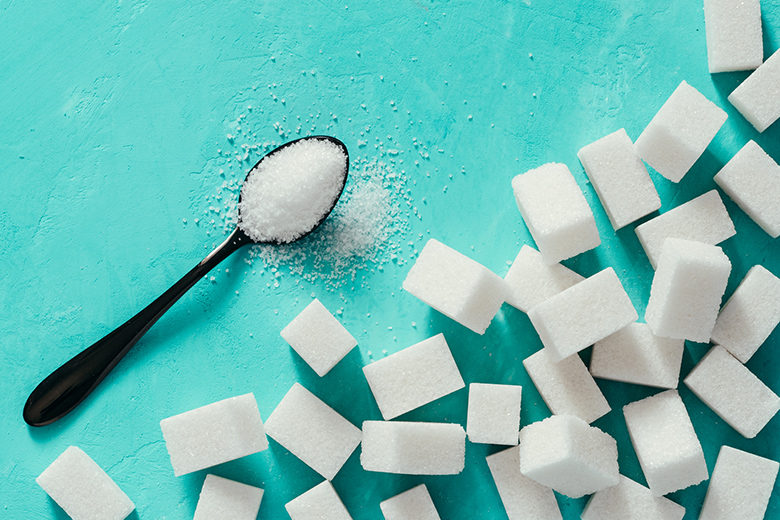
Cancer is a wake-up call that no one wants. Many of my patients come to me early after a diagnosis to learn about diet changes that may improve the outcome of their treatments and to fight the chance of cancer recurring. Nearly every cancer patient I meet asks me about sugar.
They want to know if they should eliminate it from their diets, and if it “feeds” cancer? Such alarming information is found on numerous websites and in books and is shared by well-meaning friends or family. Avoiding sugar becomes a new task, and many abandon all fruit, juice, breads and cereals in an effort to control their disease. Some are fine with such changes and others admit that it leaves them feeling deprived.
How does a dietitian guide those newly diagnosed to nourish themselves at such an important time, without causing feelings of fear or guilt? Helping people gain perspective on their overall diet is a good place to start.
Eating excessive sugar all day long and regularly is one thing. Having a dish of ice cream after dinner is quite another. Sugar and simple carbohydrates in the form of soda, coffee drinks, table sugar and white bread contribute excess “empty” calories to the diet, which often leads to weight gain. Additionally, high intake of these foods causes an increase in a person’s blood sugar level. In response, the body releases the hormone insulin to normalize one’s blood sugar. When diets are consistently high in sugar, over time this can lead to a state of inflammation. More research today supports that inflammation is a favorable setting for cancer cell growth.
Sharing this relationship with those new to cancer, many assume that eating any carbohydrates should be eliminated. So, back to gaining perspective. It is helpful to talk about how including healthy sources of protein, fat and dietary fiber can help maintain a stable blood sugar. It is an opportunity to encourage people to feed themselves well — to eat regularly and include a variety of whole foods as part of a plant-based diet.
It is a chance to encourage people to slow down and truly enjoy meals eaten with family and friends.
Many newly diagnosed with cancer are interested in alternatives to refined sugar and sweeteners. These include agave nectar, sucanat and brown rice syrup. While some regular recipes can be adapted to be lower in sugar or made with sugar alternatives, others simply cannot. Grandma’s apple pie on Thanksgiving or those favorite Christmas cookies would not be the same. They are still acceptable to eat as a once or twice a year treat!
Most will admit that food is often associated with good memories. It is part of how we socialize. Self-imposed restrictions, even for reasons of improved health, are stressful! Seeing patients throughout their cancer journey helps keep the focus on eating to feel their best, whether in the throes of treatment or recovery.


